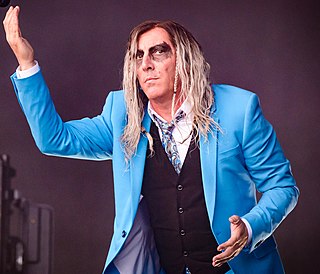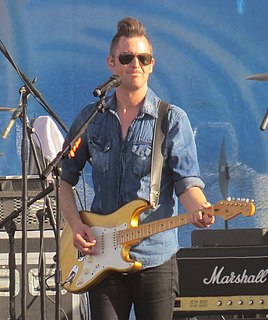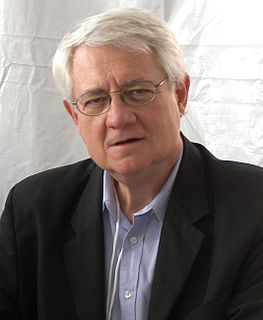A Quote by M. J. Rose
In my novels, there are twelve ancient 'memory tools,' all now lost. Each of the 'Reincarnationist' books revolves around a different tool.
Related Quotes
Music is a tool. Lighting is a tool. Power point is a tool. Getting those things right is not the goal. God is the goal. Those are just tools. And we can real easily turn into worshippers of all the tools, rather than remembering that this is simply a tool to get the job done which is to help connect people with God and to help inspire people.
Emotional grandeur, rendered in the vernacular, has been Mona Simpson's forte. In her novels, 'Anywhere but Here,' 'The Lost Father' and 'A Regular Guy,' Simpson wrote wide and long and high about the most profound human bonds: parents and children lost each other, found each other, lost each other again, but differently.
People who know and read comics know that there's a huge diversity amongst the types of stories. Nobody ever goes 'how many more of these movies based on novels are there going to be?!'. People laugh at that question and they go novels, there are all different types of novels. But there are all different types of comic books, they just happen to have drawings on the cover!
Tools may be animate as well as inanimate; for instance, a ship's captain uses a lifeless rudder, but a living man for watch; for a servant is, from the point of view of his craft, categorized as one of its tools. So any piece of property can be regarded as a tool enabling a man to live, and his property is an assemblage of such tools; a slave is a sort of living piece of property; and like any other servant is a tool in charge of other tools.
To see what books were available for my older students, I made many trips to the library. If a book looked interesting, I checked it out. I once went home with 30 books! It was then that I realized that kids' novels had the shape of real books, and I began to get ideas for young adult novels and juvenile books.



































